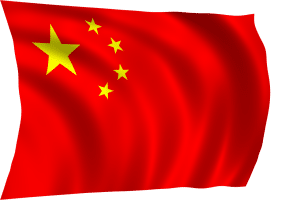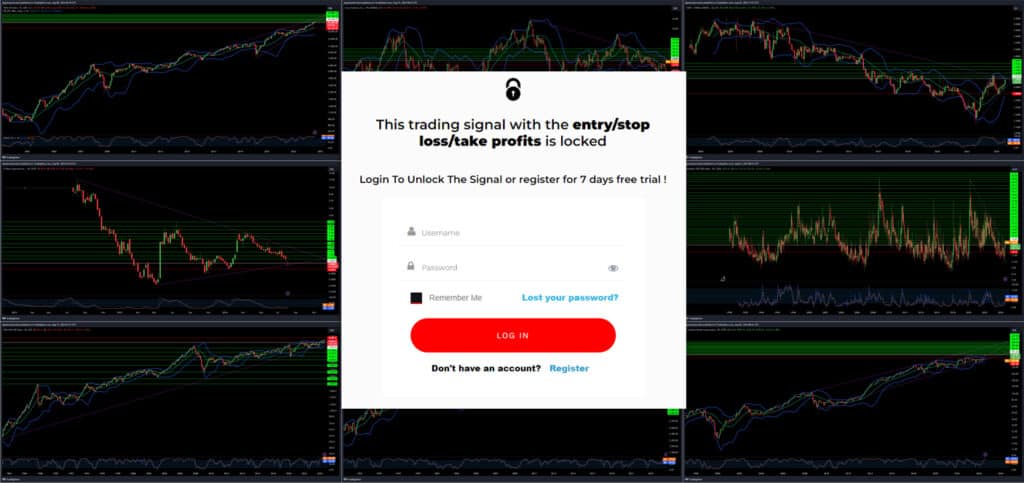The China Taiwan conflict has long been a focal point of global tension, and recent developments are only increasing the stakes. The question remains: Has China reached a flyover over Ukraine in collaboration with Russia? The answer is no, but the broader implications of Russia’s actions are profound. This situation reveals a much larger game being played on the global stage. Russia’s strategic maneuvers, including its growing alliance with China, send a clear message to the West—they are unafraid to open another front, this time in the East, involving Taiwan.
The collaboration between Russia and China, while not fully realized in the Ukraine conflict, signals a potential shift in global alliances. It’s clear that the China Taiwan conflict is not merely an isolated regional issue. Instead, it serves as a chess piece in a larger geopolitical game involving superpowers like Russia, China, and the West. Understanding this relationship and its historical context is crucial to grasp the full scale of what’s at stake.
Why Russia Is Volunteering to Support China
One might ask, why is Russia so eager to support China? The answer lies in history and geopolitics. Russia has its own unresolved conflicts, particularly with Japan and Korea, that date back over a century. This historical tension adds a complex layer to the China Taiwan conflict. For Russia, backing China in a conflict over Taiwan isn’t just about supporting an ally; it’s about positioning itself as a dominant player on the world stage while reopening old wounds with Japan.
During the Russo-Japanese War from 1904 to 1905, Russia and Japan fought over control of Manchuria and the Korean Peninsula, both areas of strategic importance in the declining Chinese empire. The war set a precedent for Russia’s ongoing disputes with Japan. In supporting China today, Russia is showing that it hasn’t forgotten its historical grievances, especially regarding territory and influence in East Asia.
The Russo-Japanese War and Its Connection to Taiwan
The China Taiwan conflict brings to mind the historical Russo-Japanese War. Though fought over a century ago, its ramifications are still relevant today. The war was a result of competing Russian and Japanese interests in East Asia, primarily around Korea and Manchuria. Russia’s defeat in the war shifted the balance of power in the region, marking Japan’s rise as a significant player in East Asia and Russia’s temporary retreat.
However, the territorial issues between Russia and Japan were never fully resolved. The Kuril Islands dispute, a relic of World War II, still lingers between the two nations. By aligning with China on Taiwan, Russia can gain leverage against Japan in this territorial conflict. Breaking up the island chain by facilitating a Chinese occupation of Taiwan could grant Russia and China full access to the Pacific, a strategic prize that neither country wants to let slip away.
China’s Ambitions in Taiwan: A Broader Geopolitical Play
China’s interest in Taiwan extends far beyond regional dominance. The China Taiwan conflict is emblematic of Beijing’s broader ambition to assert its dominance in East Asia and challenge the United States’ influence in the Pacific. For China, Taiwan is more than a rogue province; it represents a gateway to breaking the island chain that has long prevented China from gaining full access to the Pacific Ocean.
By occupying Taiwan, China would not only consolidate its influence in the region but also disrupt the strategic military balance that the United States and its allies have maintained in the Pacific. This move would provide China with unfettered access to the Pacific, allowing it to project power far beyond its borders and challenge U.S. military dominance in the region. Russia, by supporting China, would benefit indirectly through increased access to Asia-Pacific trade routes and expanded influence over the region’s security architecture.
Russia and China: A Strategic Alliance?
The potential for a strategic military alliance between Russia and China could reshape the global power structure. While the two nations have historically been wary of each other, their recent cooperation signals a new phase in their relationship. This is particularly relevant in the China Taiwan conflict. If Russia and China were to coordinate more closely on military and economic fronts, they could present a formidable challenge to Western influence.
However, it’s important to recognize that this alliance is not without its complexities. Russia and China may have mutual interests, but their goals are not entirely aligned. Russia seeks to regain influence in the Pacific, while China wants to establish itself as the dominant power in East Asia. Still, the China Taiwan conflict provides a useful point of convergence for these two powers, allowing them to collaborate against common Western adversaries without directly clashing with each other’s long-term ambitions.
Economic Implications: Taiwan’s Strategic Importance
The economic stakes in the China Taiwan conflict are enormous. Taiwan is one of the world’s largest producers of semiconductors, and control over its manufacturing capabilities would give China significant leverage over global supply chains. If Taiwan were to fall under Chinese control, the impact on global trade would be profound, especially in industries dependent on semiconductors such as electronics, automotive, and military technologies.
Russia, as an ally of China, would stand to benefit economically from this scenario. By supporting China’s ambitions in Taiwan, Russia could gain greater access to key Pacific trade routes, boosting its economy. Additionally, closer ties with China would allow Russia to circumvent Western sanctions by tapping into Chinese markets and resources. The China Taiwan conflict is thus not just a territorial dispute; it has the potential to reshape global economic power dynamics.
The Role of the West: Will They Intervene?
One of the most pressing questions surrounding the China Taiwan conflict is whether the West, particularly the United States, will intervene. The U.S. has long been a protector of Taiwan, providing it with military aid and diplomatic support. However, a direct military confrontation with China over Taiwan could escalate into a global conflict, one that the West may be hesitant to engage in.
Russia’s involvement complicates the situation even further. By showing a willingness to support China, Russia is signaling that it is unafraid of confronting the West on multiple fronts. This is a bold move, especially for a country that is still engaged in the Ukraine conflict. However, as history shows, a nation that feels it has nothing to lose is often willing to take significant risks. In this case, Russia’s involvement in the China Taiwan conflict serves as a warning to the West that they should not underestimate Moscow’s global ambitions.
Historical Parallels: What Can We Learn?
The China Taiwan conflict is reminiscent of earlier global conflicts where alliances and historical grievances played pivotal roles. Just as the Russo-Japanese War of 1904–1905 reshaped East Asia, the current tensions between China, Taiwan, and Russia could have far-reaching consequences for global stability. History has shown that small regional conflicts can quickly escalate into larger wars when powerful nations get involved. As Russia and China grow closer, the possibility of a broader conflict becomes more likely.
The lessons of the past suggest that nations must carefully navigate these tensions. A conflict over Taiwan could disrupt global supply chains, trigger military confrontations, and reshape alliances. While China and Russia see opportunities in collaborating on Taiwan, the risks are just as significant. Missteps in this China Taiwan conflict could lead to economic downturns, military escalations, and a destabilization of the global order.
Conclusion: The Global Stakes of the China Taiwan Conflict
The China Taiwan conflict is far more than a regional issue—it’s a flashpoint in a broader struggle for global power. Russia’s involvement highlights the complex web of alliances and historical grievances that underpin this conflict. While China seeks to assert its dominance in East Asia, Russia sees an opportunity to regain influence in the Pacific and beyond. The West, meanwhile, faces a difficult decision: to intervene or to watch as two of its most significant geopolitical rivals grow closer. As the situation unfolds, the world will be watching closely, knowing that the outcome of the China Taiwan conflict could shape the future of global power dynamics for decades to come.
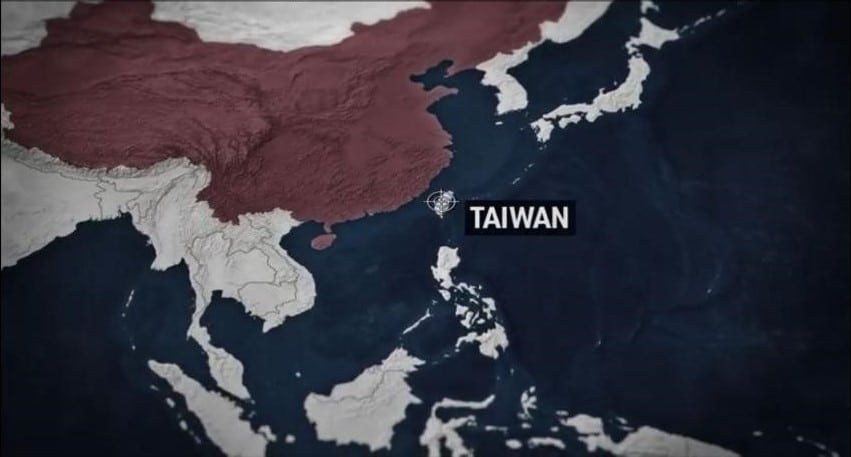
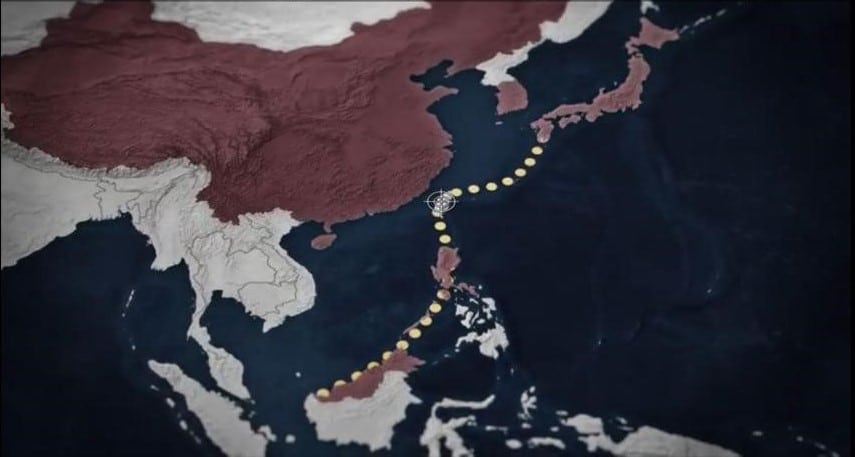
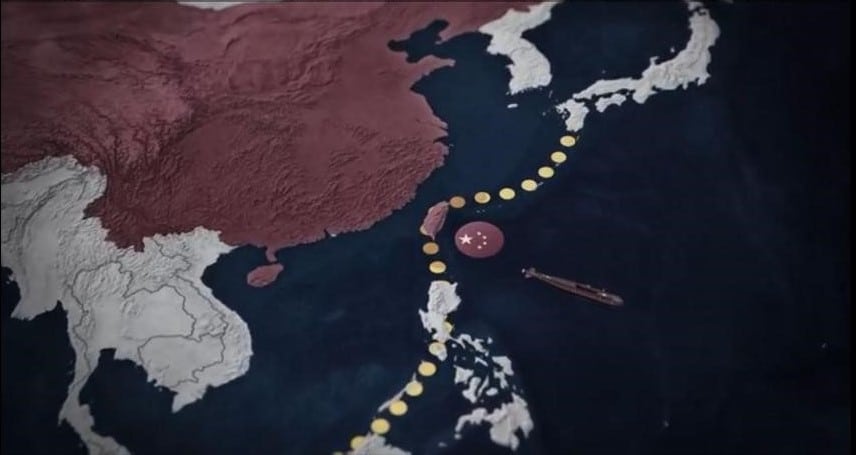
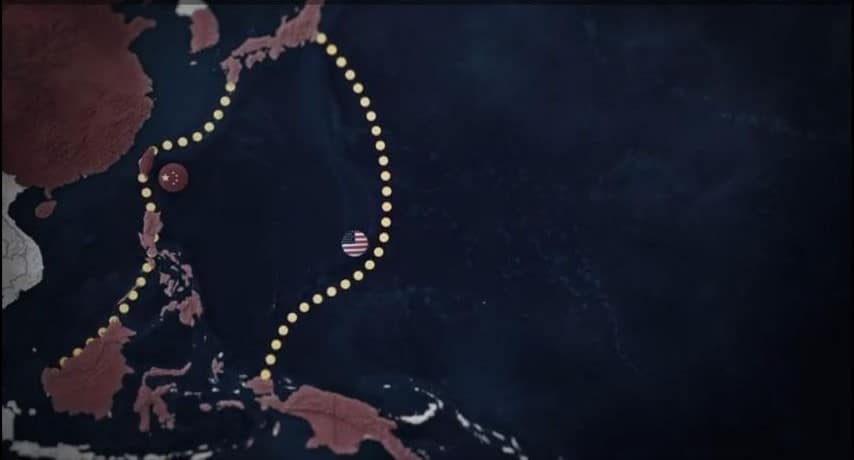
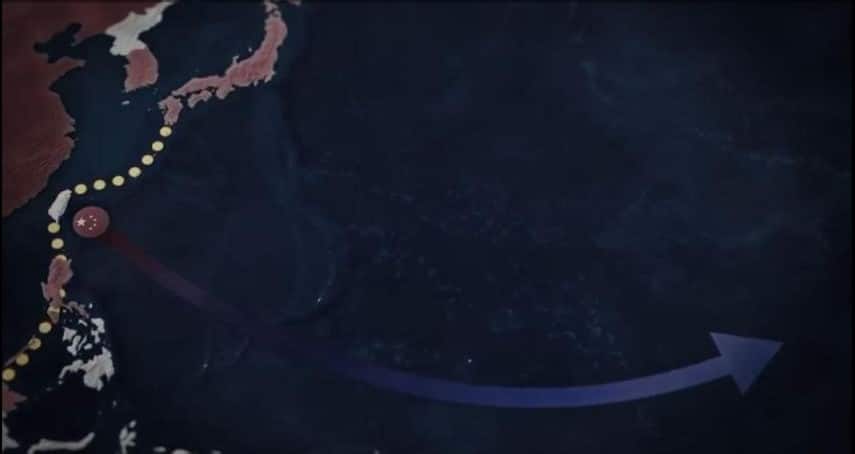
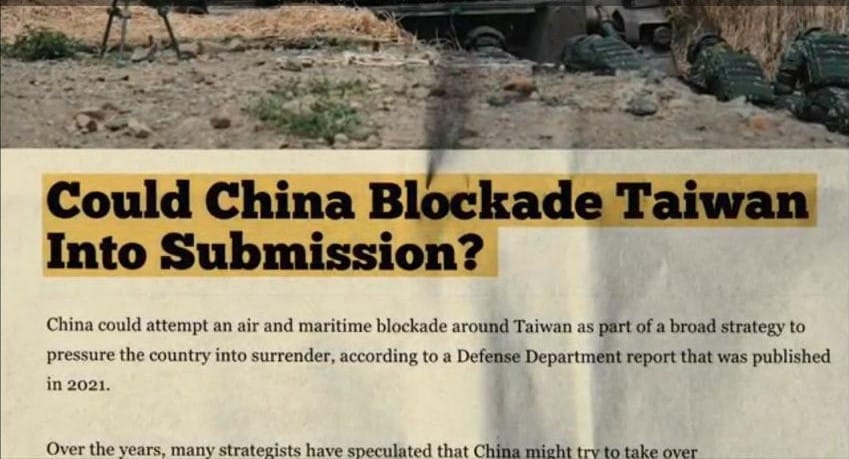
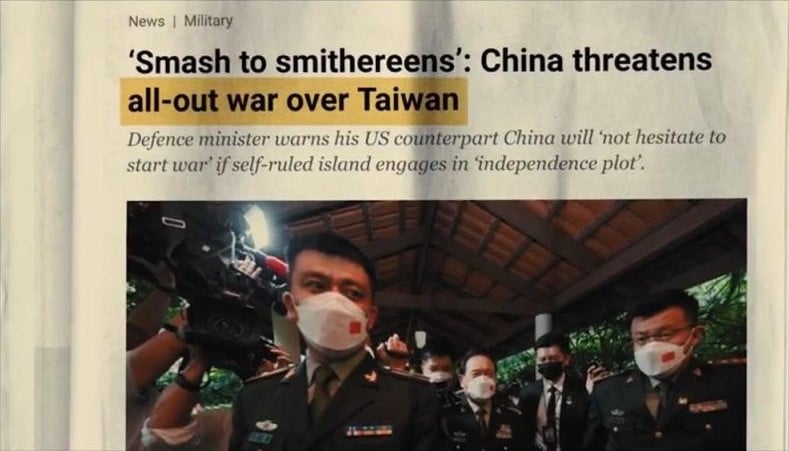
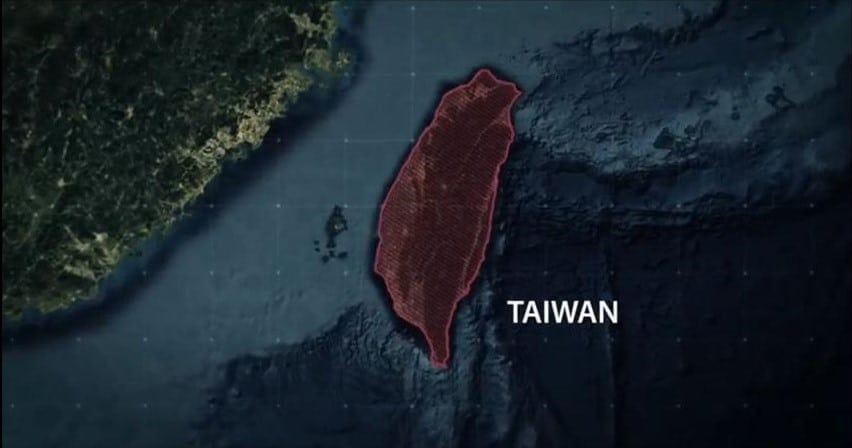
In due time, they will be able to terminate their old account with the Japanese.
By the way, the enemy of your enemy is your best friend.
The historical fact of China versus Japan should not be mentioned at all.
Source Links :
https://apnews.com/article/russia-ukraine-china-beijing-moscow-europe-3d694c61d318e083076b681cd913102d
(First Sino-Japanese War & Second Sino-Japanese War)
https://www.britannica.com/event/Russo-Japanese-War
The Russo-Japanese War
Disclaimer
All information on this website is of a general nature. The information is not adapted to conditions that are specific to your person or entity. The information provided can not be considered as personal, professional or legal advice or investment advice to the user.
This website and all information is intended for educational purposes only and does not give financial advice. Signal Mastermind Signals is not a service to provide legal and financial advice; any information provided here is only the personal opinion of the author (not advice or financial advice in any sense, and in the sense of any act, ordinance or law of any country) and must not be used for financial activities. Signal Mastermind Signals does not offer, operate or provide financial, brokerage, commercial or investment services and is not a financial advisor. Rather, Signal Mastermind Signals is an educational site and a platform for exchanging Forex information. Whenever information is disclosed, whether express or implied, about profit or revenue, it is not a guarantee. No method or trading system ensures that it will generate a profit, so always remember that trade can lead to a loss. Trading responsibility, whether resulting in profits or losses, is yours and you must agree not to hold Signal Mastermind Signals or other information providers that are responsible in any way whatsoever. The use of the system means that the user accepts Disclaimer and Terms of Use.
Signal Mastermind Signals is not represented as a registered investment consultant or brokerage dealer nor offers to buy or sell any of the financial instruments mentioned in the service offered.
While Signal Mastermind Signals believes that the content provided is accurate, there are no explicit or implied warranties of accuracy. The information provided is believed to be reliable; Signal Mastermind Signals does not guarantee the accuracy or completeness of the information provided. Third parties refer to Signal Mastermind Signals to provide technology and information if a third party fails, and then there is a risk that the information may be delayed or not delivered at all.
All information and comments contained on this website, including but not limited to, opinions, analyzes, news, prices, research, and general, do not constitute investment advice or an invitation to buy or sell any type of instrument. Signal Mastermind Signals assumes no responsibility for any loss or damage that may result, directly or indirectly, from the use or dependence on such information.
All information contained on this web site is a personal opinion or belief of the author. None of these data is a recommendation or financial advice in any sense, also within the meaning of any commercial act or law. Writers, publishers and affiliates of Signal Mastermind Signals are not responsible for your trading in any way.
The information and opinions contained in the site are provided for information only and for educational reasons, should never be considered as direct or indirect advice to open a trading account and / or invest money in Forex trading with any Forex company . Signal Mastermind Signals assumes no responsibility for any decisions taken by the user to create a merchant account with any of the brokers listed on this website. Anyone who decides to set up a trading account or use the services, free of charge or paid, to any of the Broker companies mentioned on this website, bears full responsibility for their actions.
Any institution that offers a service and is listed on this website, including forex brokers, financial companies and other institutions, is present only for informational purposes. All ratings, ratings, banners, reviews, or other information found for any of the above-mentioned institutions are provided in a strictly objective manner and according to the best possible reflection of the materials on the official website of the company.
Forex/CFD trading is potentially high risk and may not be suitable for all investors. The high level of leverage can work both for and against traders. Before each Forex/CFD investment, you should carefully consider your goals, past experience and risk level. The opinions and data contained on this site should not be considered as suggestions or advice for the sale or purchase of currency or other instruments. Past results do not show or guarantee future results.
Neither Signal Mastermind Signals nor its affiliates ensure the accuracy of the content provided on this Site. You explicitly agree that viewing, visiting or using this website is at your own risk.

